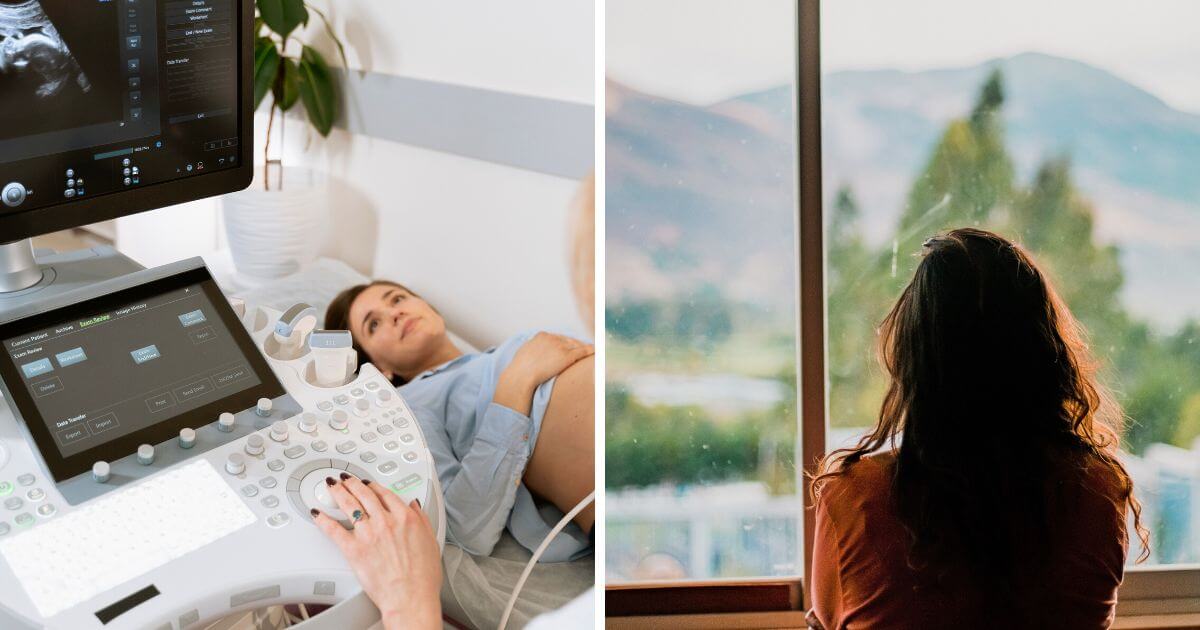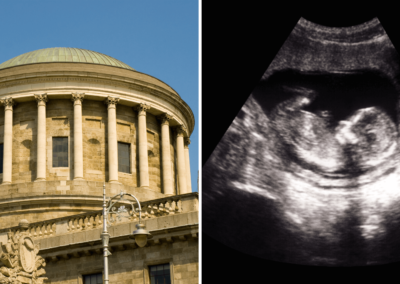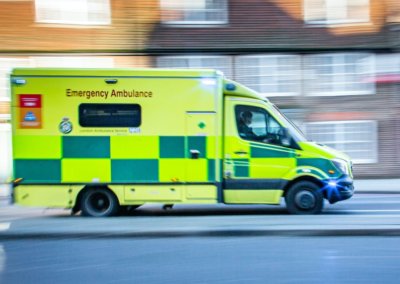An ultrasound clinic where some women were told incorrectly they had miscarried, as well as their babies’ sexes being incorrectly identified, has been closed down following an investigation.
The Care Quality Commission (CQC) inspected the Baby Ultrasound Clinic Wakefield in May this year rating the clinic “inadequate” after identifying “significant safety concerns”.
According to a report, inspectors raised a number of issues, including that the centre “did not provide mandatory training in key skills” and that staff “did not have the appropriate accredited safeguarding training or know how to recognise and report abuse”.
In particular, inspectors heard a number of complaints from women who had been told the incorrect sex for their baby or had been told they had miscarried when they had not.
Inspectors asked to see the clinic’s response to women incorrectly told they had miscarried, but the report shows that “[they] did not receive it”.
Serious safety concerns
The agency added: “Due to the concerns, we used our powers under Section 31 of the Health and Social Care Act 2008 to take immediate urgent enforcement action and suspended the service”.
“This action prevented the provider from undertaking activity which put people at risk and to make immediate improvements to governance and oversight”.
Right To Life UK spokesperson, Catherine Robinson, said: “The clinic mistakenly told mothers that they had lost their babies to miscarriage multiple times. This would have been done following a scan and consultation with medical professionals, but the mistakes were still made. This highlights how easy it is to make mistakes in regard to prenatal diagnosis and testing”.
“One of the major safety issues with ‘DIY’ abortions is that they rely upon a woman’s self-assessment of her gestation. As we have seen in the Wakefield case, mistakes are regularly made when making assessments regarding the baby in the womb, and women who undergo ‘DIY’ abortions do not use any specialised equipment and, in most cases, have no training in the matter”.
“A study released in November 2021 suggested that more than 10,000 women had to receive hospital treatment following the use of medical abortion pills in England between April 2020 and September 2021”.
“By removing a routine in-person consultation that allows medical practitioners to certify gestation and recognise potential coercion or abuse, ‘at-home’ abortion has presented serious risks to women and girls in abusive situations. It has allowed severe complications to occur, as well as abortions beyond the legal limit, as abortion providers currently cannot ensure the pills are taken by the intended individual within the appropriate time frame”.











